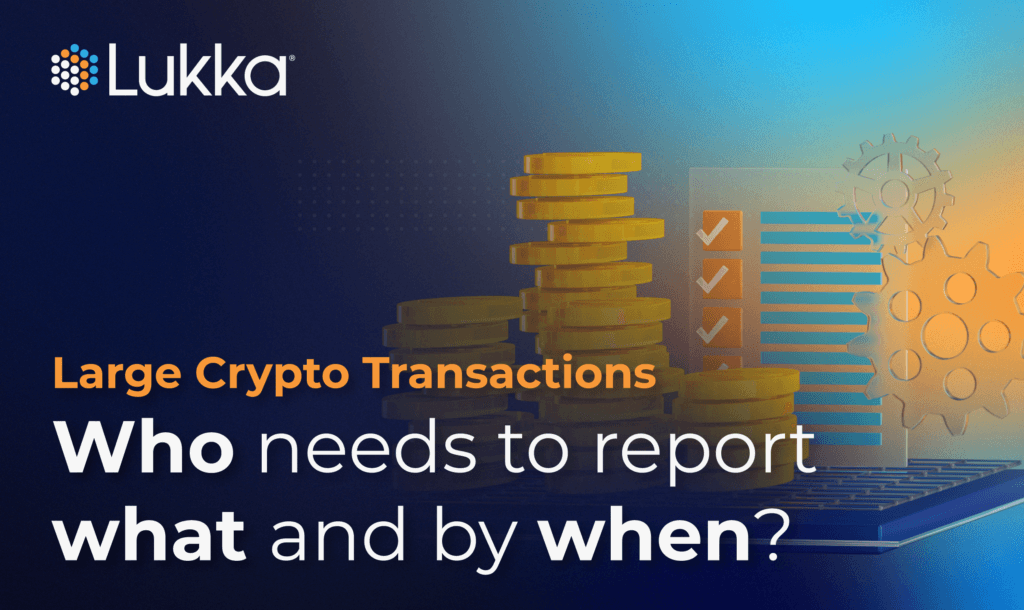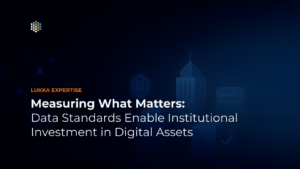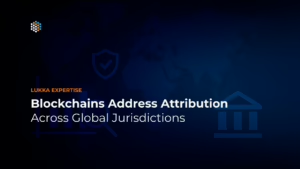Much has been written recently about reporting requirements for $10,000+ crypto transactions. Some of what’s circulating suggests this new reporting would be enforced as of January 1, 2024, with steep, foreboding penalties for those who don’t comply. However, the answer might not be all that clear.
First off, it is key to consult your tax advisor. Next, we should look at what the IRS has stated.
To step back, in the Infrastructure Investments and Jobs Act of 2021 (IIJA 2021), numerous crypto reporting measures were introduced–e.g., including new information reporting measures for broker-dealers and for large crypto payments transactions. The origins of the large transaction reporting can be traced to Form 8300. A simple description (not intended to be comprehensive or formal advice) is found in the form’s instructions:
“Each person engaged in a trade or business who, in the course of that trade or business, receives more than $10,000 in cash in one transaction or in two or more related transactions, must file Form 8300.”
Form 8300 reporting is just one tool in the US federal anti-money laundering measures. There are numerous areas of interpretation, where tax advice is important, and not offered here. But, the basics of the current situation is that IIJA 2021 expanded the “large” trade reporting requirements to include its definition of crypto (digital) assets.
The open questions for crypto traders is which of the IIJA 2021 legislation is enforceable now, and which is still awaiting further guidance and regulation. The IRS has not offered guidance nor has it updated Form 8300 or its instructions as of the December 2023 revisions to include digital assets. Further, the Department of Justice, recently stated “…the mere fact that the amendment to Section 6050I has a January 1, 2024 effective date does not mean that the statute’s new reporting requirement will automatically go into effect on that date” and that these changes “are not self-executing and will become effective following the promulgation of implementing regulations” (see December 4, 2023 filings related to ongoing litigation, Carman vs Yellen, No. 23-5662).
Although social media has provided mixed advice and views, representatives from some of the key Big 4 tax practices have opined that the IIJA 2021 Form 8300 requirements are not currently being enforced while waiting for regulatory clarity. Generally, the view is that the implementing regulations have not yet been issued. Also telling is that Form 8300 itself and its instructions (revised as of December 2023) have not been updated to incorporate digital assets reporting.
Because clear guidelines have yet to come from the IRS, anyone engaging in $10,000+ crypto trades should consult their tax advisors about their Form 8300 responsibilities. Regardless of whether a given requirement is enforceable now, it will more than likely become so in the not too distant future, so planning is necessary. Preparation is vital for taxpayers, and even more so for crypto traders, therefore working with service providers who can help them manage compliance for all the upcoming new reporting requirements will ease stress. Lukka has provided crypto fair-valuation tools and data expertise for years to institutional investors and is available to have a smooth, audit ready transition under the new reporting regime.



